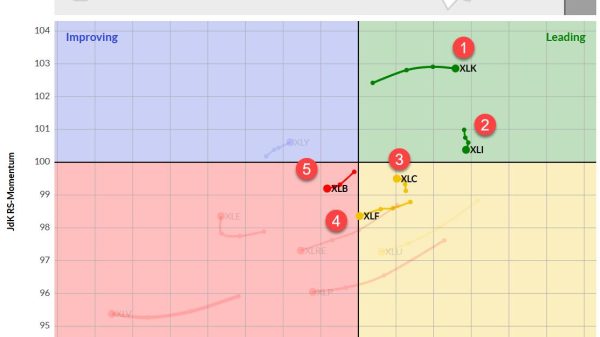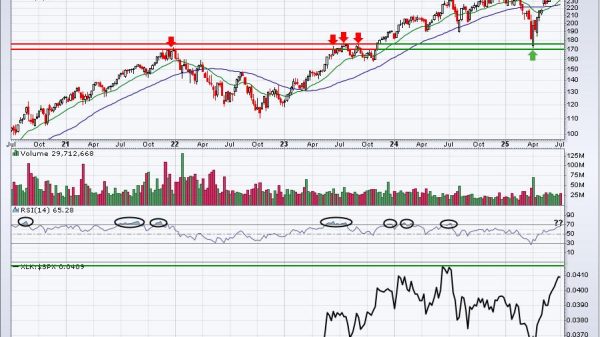Bitcoin Price Drops Below $60,000! What’s Happening?
Cryptocurrencies are famous for being volatile. So, it is important to keep an eye on the crypto market. What about the world’s largest cryptocurrency in terms of market capitalization? What happens when the price of Bitcoin drops?
Crypto enthusiasts and investors closely monitor the price of the world’s first decentralized cryptocurrency.
Last week, its price twice declined below $60,000.
Despite these dips, Bitcoin has shown resilience and is currently trading back above $62,000. Should investors be worried about the price of the world’s largest cryptocurrency?
Its price has maintained a significant range around the $60,000 mark for the most part. Nevertheless, its price fell below $60,000 on two occasions, accompanied by a slight increase in the reserves controlled by crypto exchanges.
Reasons Why Bitcoin Price Drops
Exactly one week ago, the most well-known cryptocurrency declined by 4.60%, closing the day at approximately $60,263 after hitting a low of $58,411.
That wasn’t the end of the story. Four days later, the price of Bitcoin fell to $59,868, closing around $60,313. On June 28, its price fell by more than 2%.
However, Bitcoin isn’t an ordinary cryptocurrency. It has managed to recover and regain its strength.
The Relative Strength Index (RSI), a key indicator, showed an interesting trend during the decline. It was around 38, suggesting strong bearish momentum.
The Importance of Bitcoin
Bitcoin is more than just a cryptocurrency; it’s the leader and a staple of digital currencies. So, when Bitcoin drops, it can affect the whole market.
It’s not surprising that Bitcoin price movements have significantly influenced broader market dynamics, including the creation of new Bitcoin addresses and fluctuations in exchange reserves.
In the vast majority of cases, substantial price declines trigger increased activity on exchanges as traders move Bitcoin to sell or buy at perceived key levels.
As new or existing participants enter the market to capitalize on the volatility, new addresses may also be generated.
Based on the data provided by CryptoQuant, a subtle yet important rise in the volume of Bitcoin held on exchanges has been observed.
Despite the exchange reserve typically staying around the 2.8 million BTC mark, minor fluctuations have been noted.
Recently, the reserve jumped by approximately 14,000 BTC. It is noteworthy that we are talking about $851 million.
We also need to note one important factor. This increase in crypto exchange reserves is a big deal. An increase in Bitcoin on crypto exchanges is typically seen as a potential preparation for selling, which could exert downward pressure on prices.
Furthermore, it can indicate greater liquidity, potentially increasing trading volume.
A Number of Bitcoin Addresses
The number of Bitcoin addresses rose significantly for the first time in nearly three months. The number of daily new addresses surpassed 350,000, according to Glassnode.
This rise in new Bitcoin addresses could signal a renewed interest in the world’s largest cryptocurrency.
As stated earlier, the price of Bitcoin declined on two occasions. However, Bitcoin’s resilience suggests the potential for further upward movement.
The current trading price close to $63,000 indicates a recovery from the lows experienced last week. Important levels to monitor are $63,000 as immediate support, with significant resistance between $64,000 and $65,000.
Investor optimism remains high, fueled by factors such as anticipation surrounding Bitcoin’s halving and renewed institutional interest.
Its recent price movements below $60,000, followed by a recovery to above $63,000, highlight the crypto’s volatility and resilience.
We can say that the increase in exchange reserves and new address creation suggests considerable market activity and interest.
Last but not least, investors and traders should monitor key levels and market dynamics for potential opportunities. If Bitcoin drops, they should be prepared to act accordingly.
The post Bitcoin Drops Below $60,000! What’s Happening? appeared first on FinanceBrokerage.
























